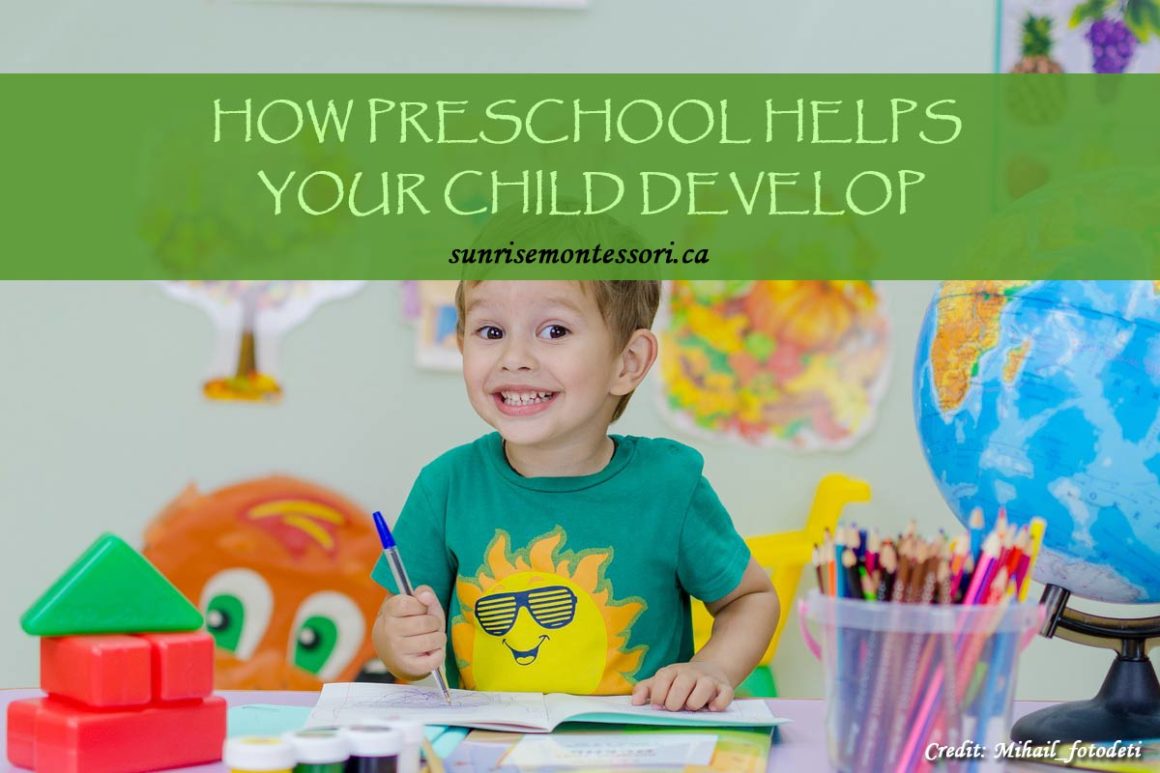When your child turns two or three, you’re faced with a controversial topic. Should you send your child to preschool, daycare, or keep them at home until kindergarten? Parents receive conflicting advice about which is their best option. The truth is, there are tons of benefits to sending your child to preschool which far outweigh any possible negatives. Preschools, especially Montessori-curriculum preschools, prepare your child for future learning, develop their social skills, and much more.
Here are eight of the top benefits of sending your child to a preschool.
1. Preschool Prepares Them for Elementary School
The structure of kindergarten and elementary school can be shocking to children who don’t go to preschool. Following a daily school routine is easier to understand and appreciate when they have experience with it. That’s one of the benefits of sending your child to preschool. Although there is plenty of playtime, there’s also an invisible structure. Your child may think they’re just playing all day at preschool, but the curriculum has them moving from activity to activity in a logical way. They start the school day on the same carpet every morning and eat lunch at the same table. This lays the foundation for later school structure.
2. Children Learn Emotional Regulation
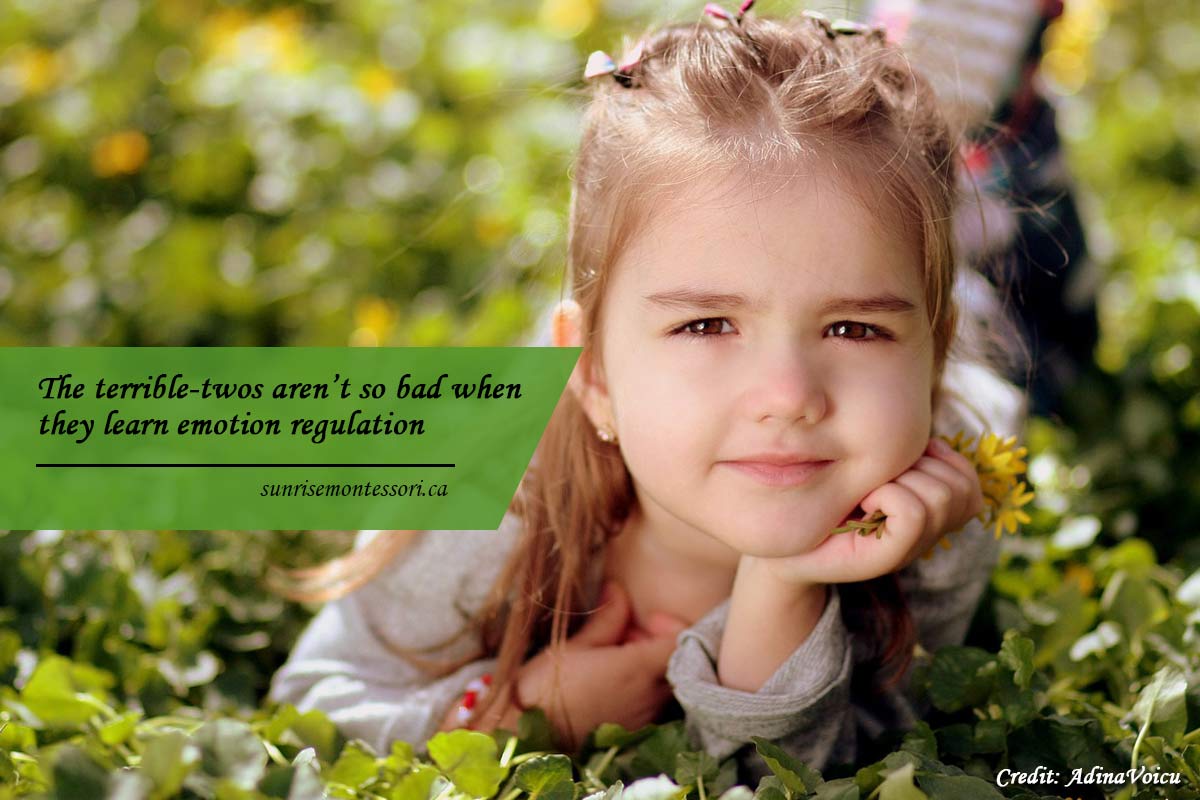
The toddler years are notorious for being “terrible.” Why? Because this is the time in your child’s development when they experience emotions intensely for the first time. They finally have the language and sense of self to convey how they feel. For most toddlers, it’s important to learn proper emotional regulation. Just because you’re angry doesn’t mean you can break your toys. This is one of the core principles of preschool curriculums. Teachers are trained with the expertise of navigating the treacherous waters of toddler emotions and showing them how to handle them appropriately.
3. Socialization is Taught and Encouraged
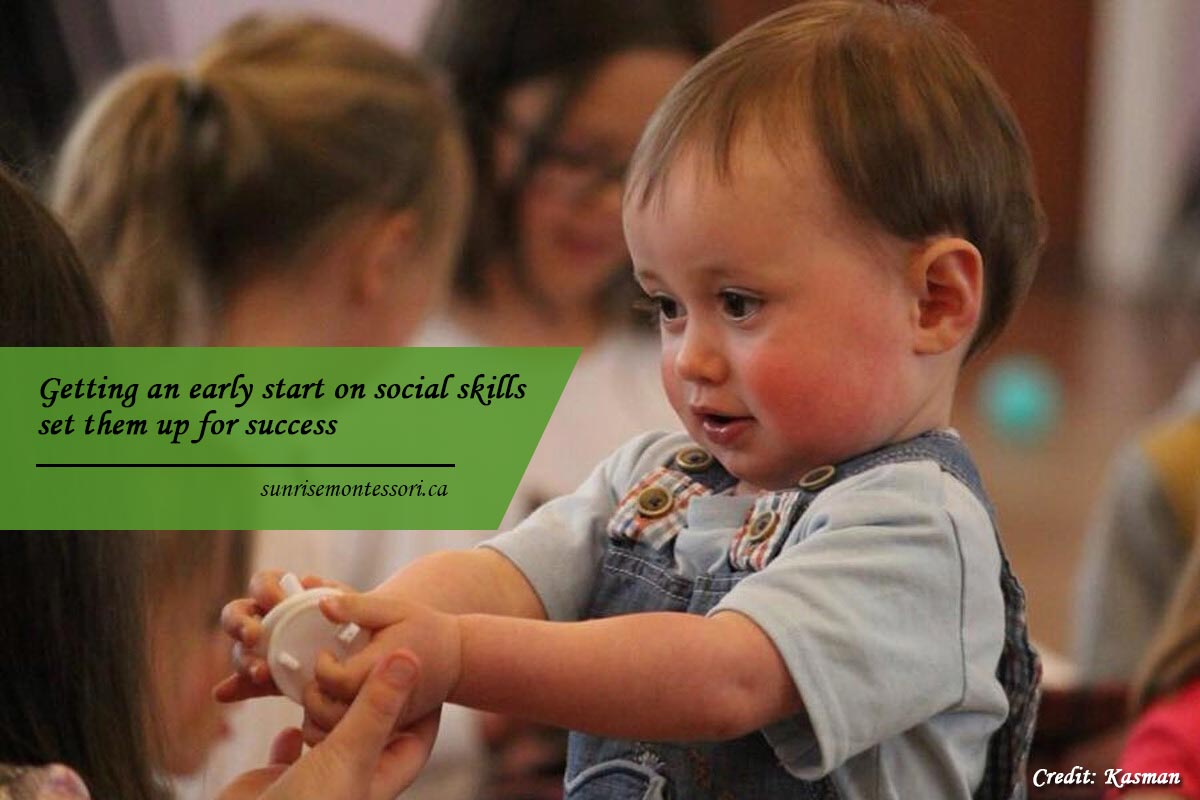
Children need to learn how to socialize confidently and effectively. For the rest of their lives, being able to work with others is a necessary skill. In preschool, teachers lay the foundation for proper socialization skills. Children are taught how to share, why they should consider others’ feelings, and how to empathize. The fundamental lesson of treating others how you want to be treated starts in preschool. Through structured playtime and guided activities, students get to practice the new socialization skills they learn. Having 10-20 peers to practice with is one of the benefits of going to preschool.
4. Children Learn Responsibility
One of the key traits of toddlers is their desire for responsibility. Your child might want to help you with house chores like cleaning, cooking, and laundry. They enjoy being helpful because it makes them feel good. Preschool nurtures this desire for responsibility by giving children tasks to be in charge of. At lunch, one child will be chosen to hand out napkins. During clean-up time, each child is given an area or toy box to tidy.
These chores are much more than tasks that need to get done. Teachers intentionally give children roles to encourage their sense of self-worth. It makes them feel important, which is crucial for later development of self-esteem.
5. Preschool Helps Develop Their Motor Skills
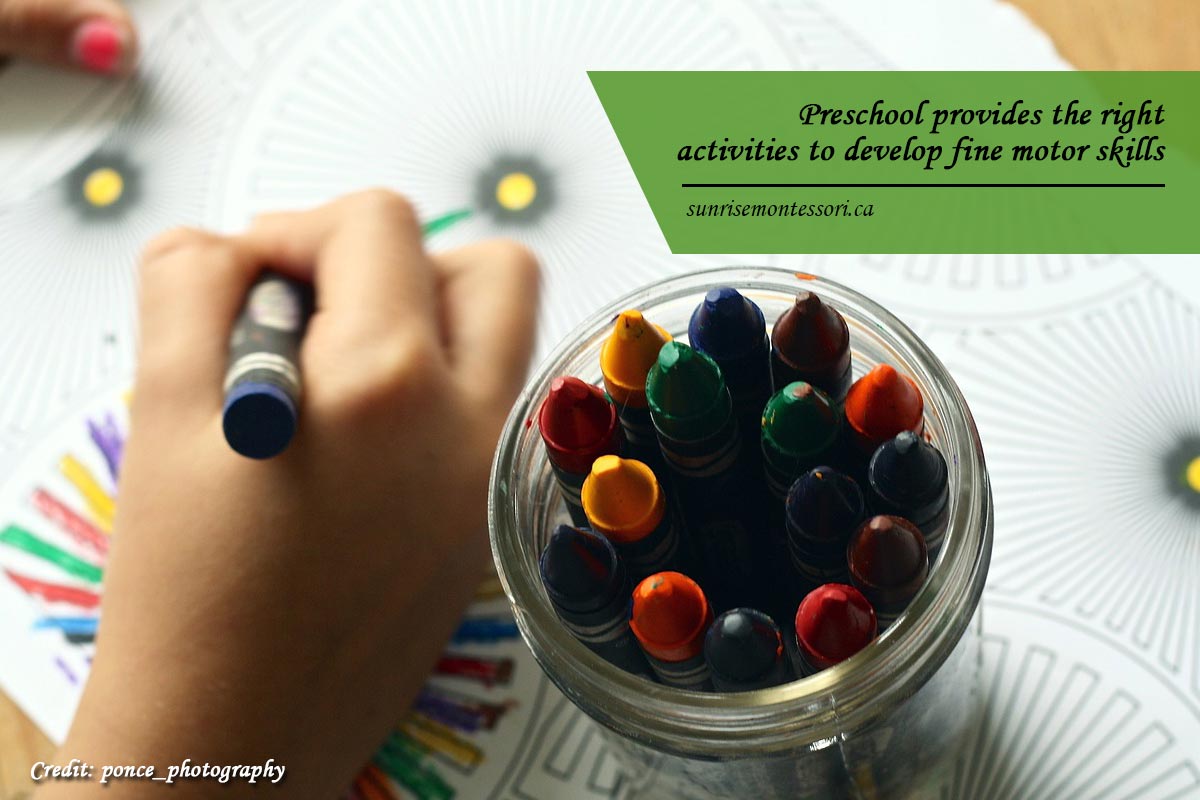
Fine motor skills need to be practiced to develop well. Your child likely has enough energy to play all day long. Preschool teachers direct that energy into playtime activities that promote their motor skill development. Your child will spend lots of time running, climbing, playing physical games, and learning how to control their hands in small tasks. They might spend time threading beads onto a string to make a necklace or throwing balls at a target. They could play a form of tag where they can only run along the printed lines on the ground, thus practicing their balance. Your child will think preschool is simply a day filled with fun when actually, every activity is designed to help them improve in some way.
6. It Promotes Language Skills
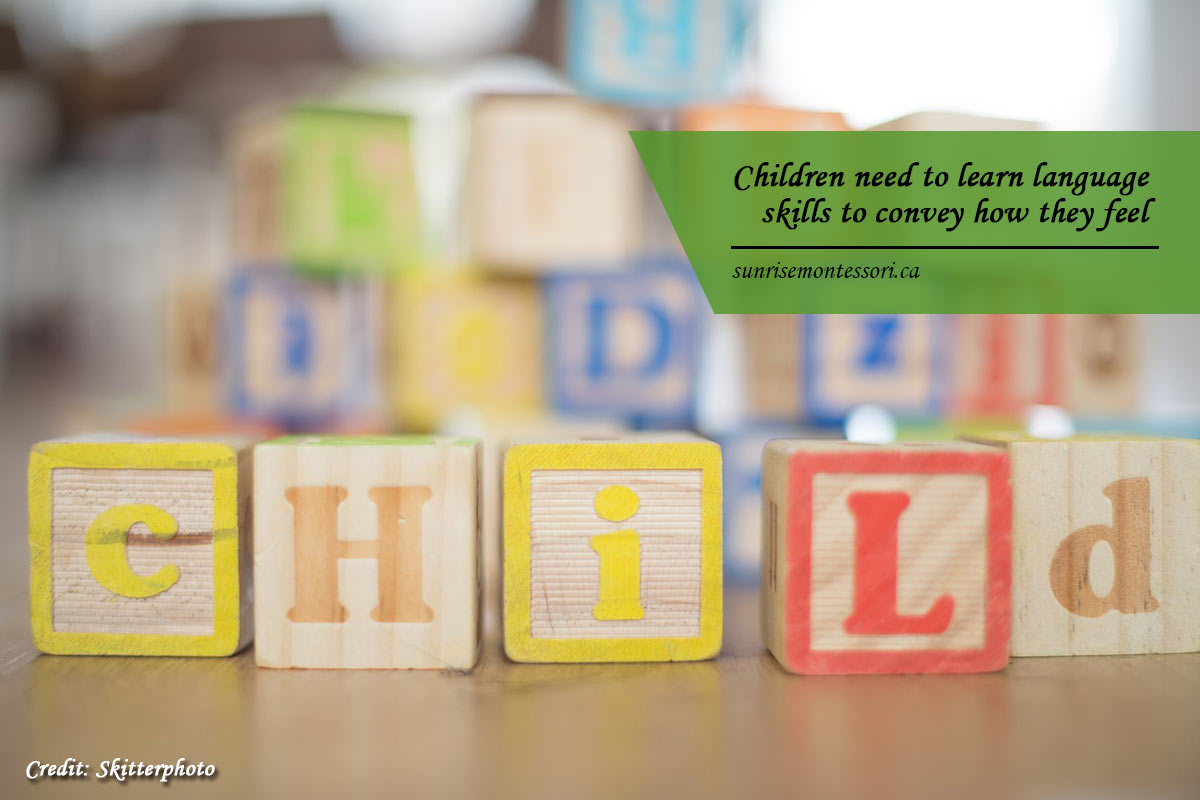
It’s so exciting to see your toddler start forming sentences and learning new words. The stronger their language skills are, the better they can communicate their thoughts, ideas, and emotions. At preschool, language skills are an essential component of the curriculum. Children learn their ABCs through songs and by associating different objects with different letters. Like, “A” is for apple, “D” if for dog, etc. Teachers introduce students to different pronunciations of words and sounds. To practice using their language skills, teachers engage in open-ended discussions with the students. This gives the children a chance to curate their own sentences and thoughts.
7. It Fosters Their Curio
How many times a day does your little one ask you, “Why does….?”
Toddlers are notoriously curious about the world around them. Although these questions can get tiresome, they’re a sign of your child developing their sense of self. Preschool encourages their questions and fosters their curiosity. When a child has questions about how the fish breathes underwater, teachers and other students can discuss possible answers. In some cases, the child can answer their own question, which develops their problem-solving skills. If students show specific curiosity towards cars and planes, teachers can curate the coursework to their interests, which encourages their curiosity.
8. Parents Are Constantly Updated
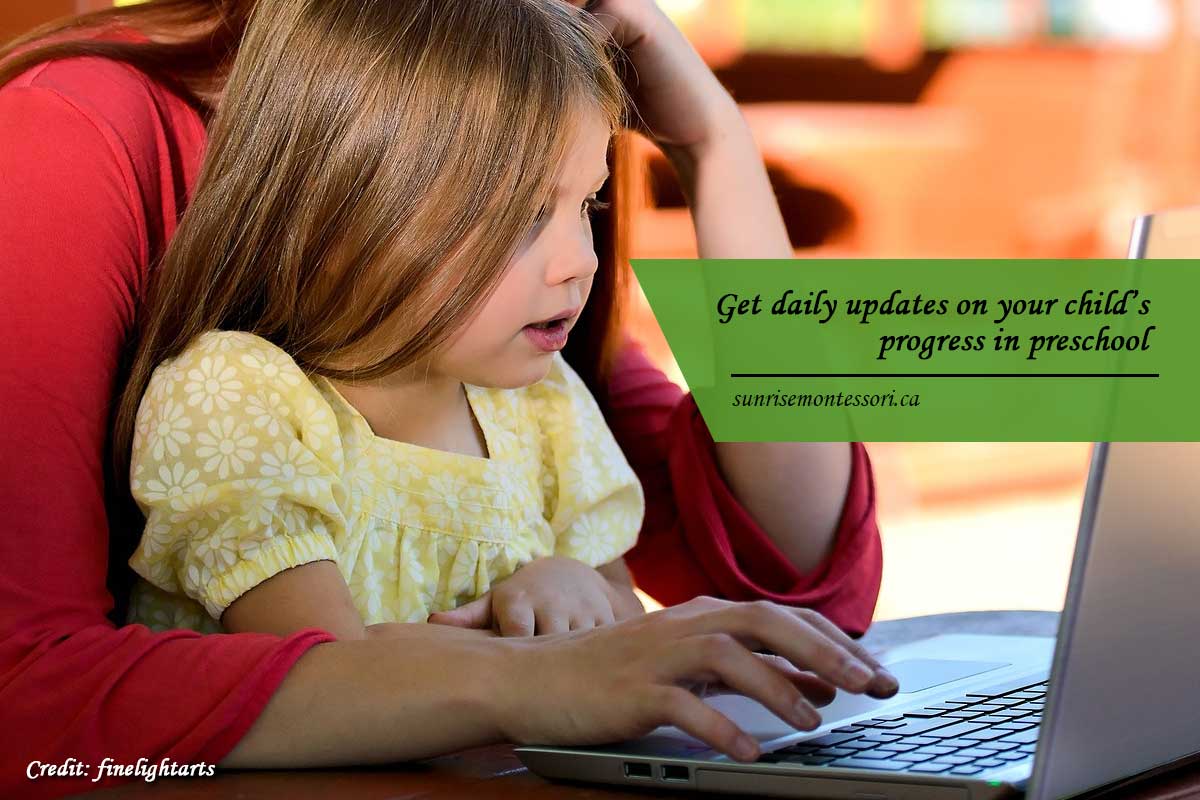
High-quality preschools work collaboratively with parents to foster their child’s growth. Preschool isn’t the same as daycare or the babysitter’s. Your child is going to learn, grow, and develop their skills. As their parent, you likely want frequent updates on what they’re learning and how they’re doing at school. Teachers have a variety of options for keeping parents in the loop. They might use teacher-parent software that allows them to message each other and receive updates in real time. Some teachers will send emails or text messages to parents. Whichever method of communication is preferred, you will always be included in the learning plan for your child.
How to Choose the Right Preschool for Your Child
There are plenty of preschools in the Greater Toronto Area, but not all are equal. Some provide higher-quality education than others. It’s essential that parents do their homework on their options.
At Sunrise Montessori School, we use the Montessori method of teaching. In this method, each child is considered unique with their own ways of learning. We honour the differences in each child and work to ensure they receive customized learning opportunities. Our Casa Program for 2.5- to 4-year-olds focuses on everything from motion sensory development to team building and leadership. Our students enjoy both indoor and outdoor time as well as enriching field trips.
Sunrise Montessori School in York Region invites you to take a tour of our school and explore our programs. The Preschool Casa program is perfect for preparing toddlers for future school years as well as fostering their developmental skills.
To book a tour or inquire about our school, send us a message or call us today (905) 477-2833 to learn more.

